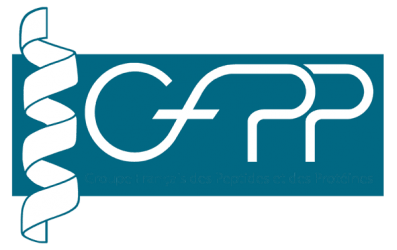Nonribosomal peptide synthetases (NRPSs) biosynthesize one of the most promising peptide-based natural products for drug discovery and development, due to their wide range of biological activities and therapeutic potential. A major issue in this field is the reprogramming of the NRPS machinery to allow the biosynthesis of new peptides. Here, we highlight recent advances in NRPS machinery reprogramming.
Nonribosomal peptide synthetases (NRPSs) biosynthesize nonribosomal peptide (NRP) natural products, which belong to the most promising resources for drug discovery and development because of their wide range of therapeutic applications. The results of genetic, biochemical, and bioinformatics analyses have enhanced our understanding of the mechanisms of the NRPS machinery. A major goal in NRP biosynthesis is to reprogram the NRPS machinery to enable the biosynthetic production of designed peptides. Reprogramming strategies for the NRPS machinery have progressed considerably in recent years, thereby increasing the yields and generating modified peptides. Here, the recent progress in NRPS reprogramming and its application in peptide synthesis are described.


